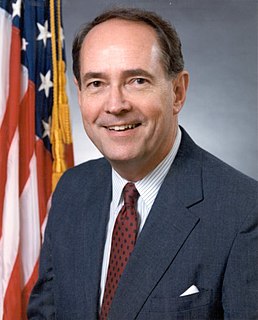A Quote by Stacey D'Erasmo
Prior to the institutionalization of standard time, clocks were set using local meridians or local mean time, and they varied widely.
Related Quotes
We mustn't assume that we are going to deinvent government solely from inside the Beltway or within one or two sessions of Congress. We will do it one step at a time, in one community at a time - at the local level and through local institutions like churches, nonprofit and volunteer organizations and families.
I made a series set in India that was more of a conventional fishing show. The fish were very uncooperative, so we were casting around for other bits of local color. We heard local stories of something pulling people into the water. They called it the Kali man-eater. We did a bit of a feature on this, and if formed part of that series.
Local brands evoke national pride, are seen as less profit-oriented, and are often formed on deep local insights. But quality worries persist, innovation is questioned, the information can be woefully inadequate, they are sometimes seen to be opaque and their advertising is clearly recognised as not being of a global standard. For local brands, quality, innovation and transparency are critical hills to climb.
When the first mechanical clocks were invented, marking off time in crisp, regular intervals, it must have surprised people to discover that time flowed outside their own mental and physiological processes. Body time flows at its own variable rate, oblivious to the most precise hydrogen master clocks in the laboratory. In fact, the human body contains its own exquisite time-pieces, all with their separate rhythms. There are the alpha waves in the brain; another clock is the heart. And all the while tick the mysterious, ruthless clocks that regulate aging.
One of the ways the telegraph changed us as humans was it gave us a new sense of what time it is. It gave us an understanding of simultaneity. It gave us the ability to synchronize clocks from one place to another. It made it possible for the world to have standard time and time zones and then Daylight Savings Time and then after that jetlag. All of that is due to the telegraph because, before that, the time was whatever it was wherever you were.






































